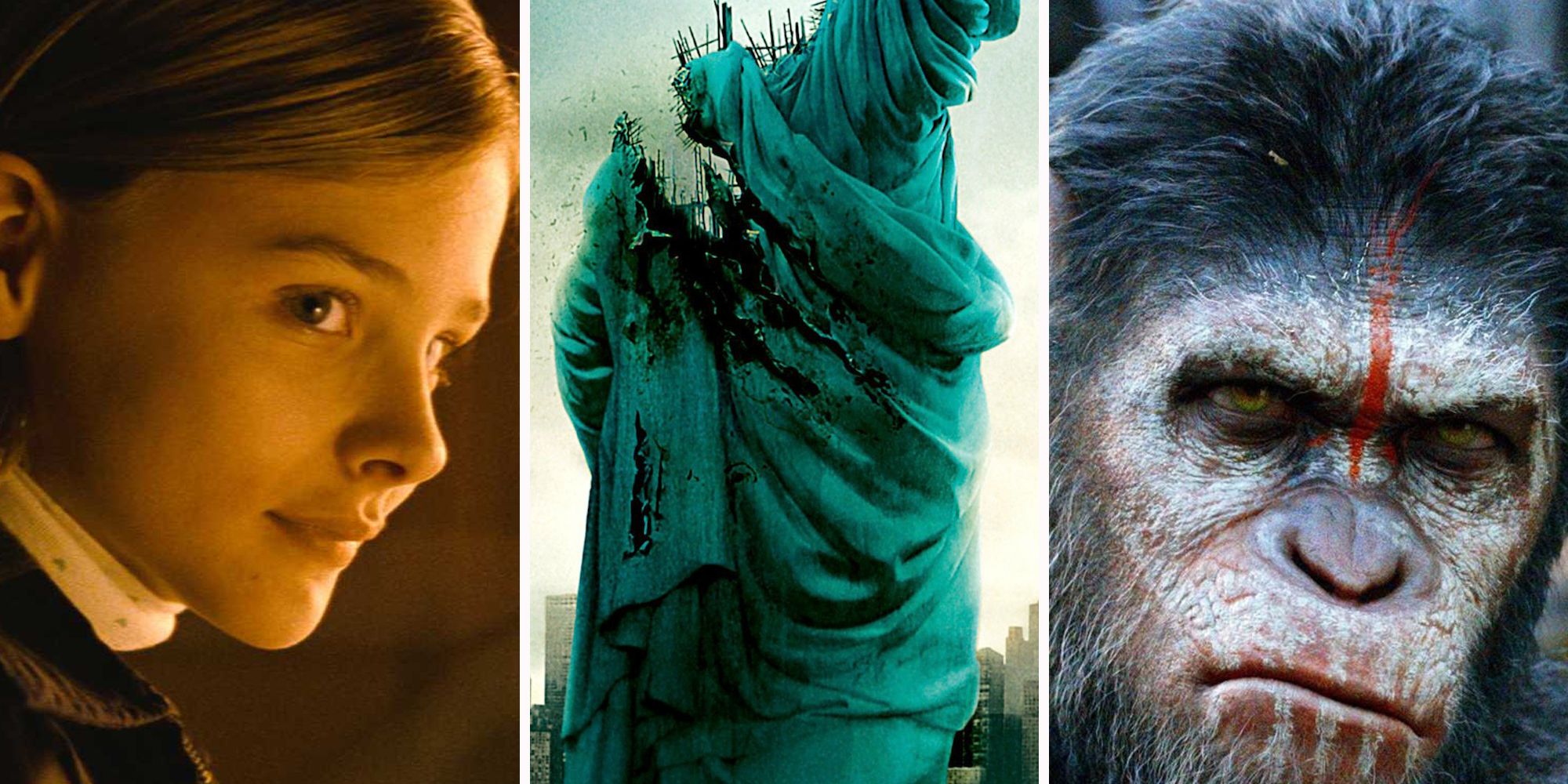
Matt Reeves, the director of The Batman starring Robert Pattinson, has a brief but fascinating filmography; here are all of his films ranked from worst to best. When Matt Reeves was announced as the new director of DC’s upcoming Batman movie, he was simultaneously seen as an unexpected choice and perhaps the perfect man for the job. Taking over the reins from Ben Affleck, who stepped down from writer-director duties on a solo Batman movie, Reeves was viewed as a reliable studio hand.
Over the brief course of his cinematic career, Reeves has proven himself to be highly adept at tackling stories that carry the immense weight of cultural importance and fan expectations. He helped to introduce one new franchise, created a sturdy English-language remake of a Swedish favorite, and revitalized a decades-old Hollywood franchise. It’s easy to underrate directors like Matt Reeves who seem more at home with old-school movie-making than trying to break the mold.
With The Batman still many months away from completion and release, here is Reeves’ previous work ranked from worst to best. Please note that this list is restricted to Reeves' work in film and won't include anthologies.
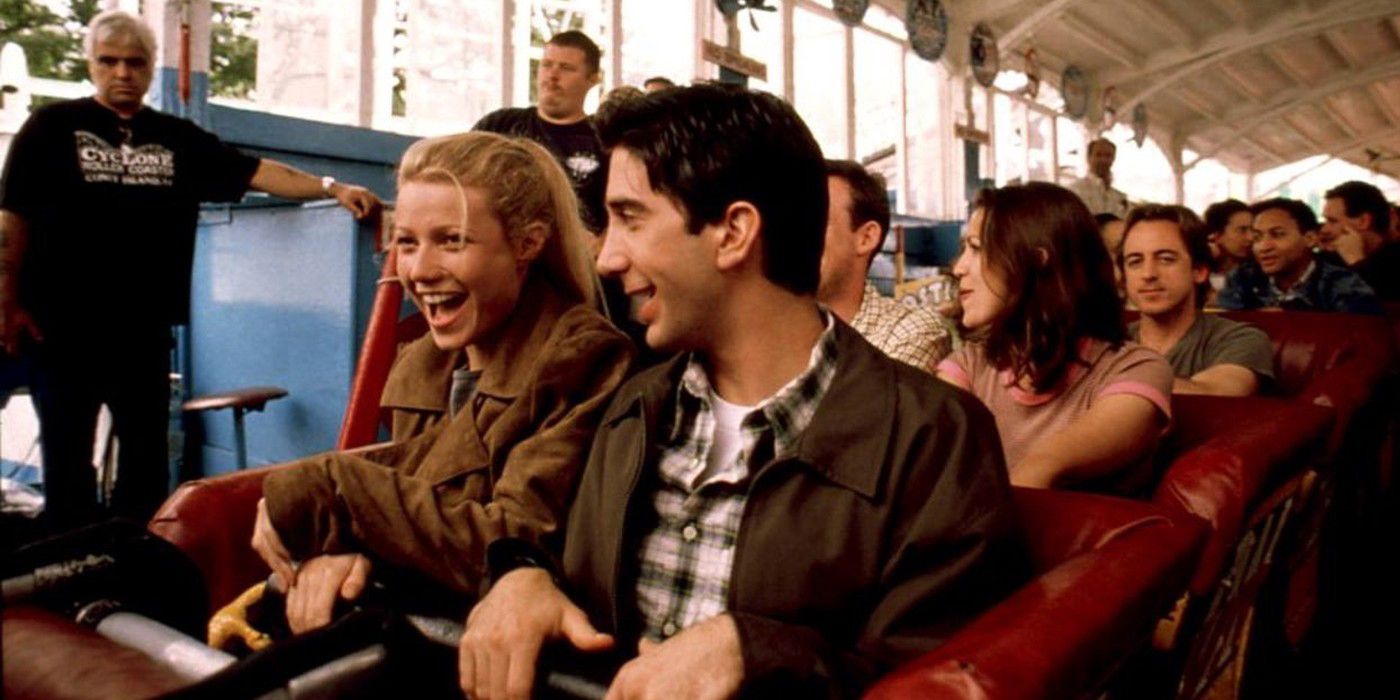
Before he teamed up with J.J. Abrams to bring the world Felicity, Reeves co-wrote and directed the rom-com The Pallbearer, starring David Schwimmer at the height of Friends' fame and Gwyneth Paltrow, who was a rising star at the time. The Pallbearer had the distinct honor of screening in the Un Certain Regard section of the 1996 Cannes Film Festival, which probably had more to do with the involvement of Harvey Weinstein and Miramax than the quality of the film itself. Schwimmer plays a Ross Geller-esque sad sack who begins an affair with the mother of someone whom he was supposedly good friends with but can't remember, only for him to become reacquainted with his unrequited high-school crush. It’s all a pretty obvious riff on The Graduate but with none of that classic movie’s wit or neuroses. It doesn’t help that Schwimmer has no real chemistry with Paltrow or Barbara Hershey.
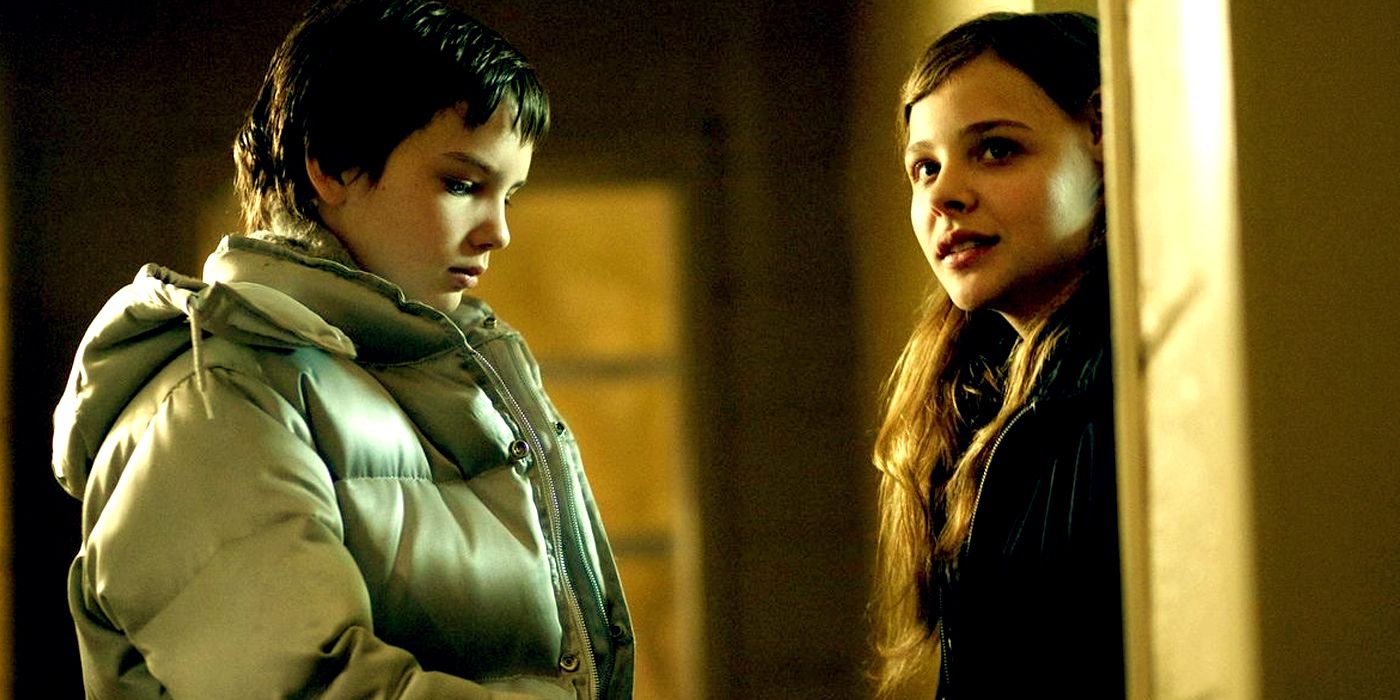
Tomas Alfredson's adaptation of the John Ajvide Lindqvist novel Let the Right One In is one of the best horror movies of the 2000s, a taut and devastatingly tender tale of loneliness and violence that Roger Ebert declared to be "the best modern vampire movie." It was dishearteningly inevitable that Hollywood would remake it, and the duties for that thankless job fell to Matt Reeves. Let Me In isn't a bad movie. It's often beautiful and keenly understands its source material. The problem is that it never justifies its own existence. Everything it does well is done better in the Swedish movie, and there are moments that are practically carbon copies of Alfredson's direction. If you watched Let Me In and didn't know of the existence of Let The Right One In, your viewing experience may be more enjoyable.
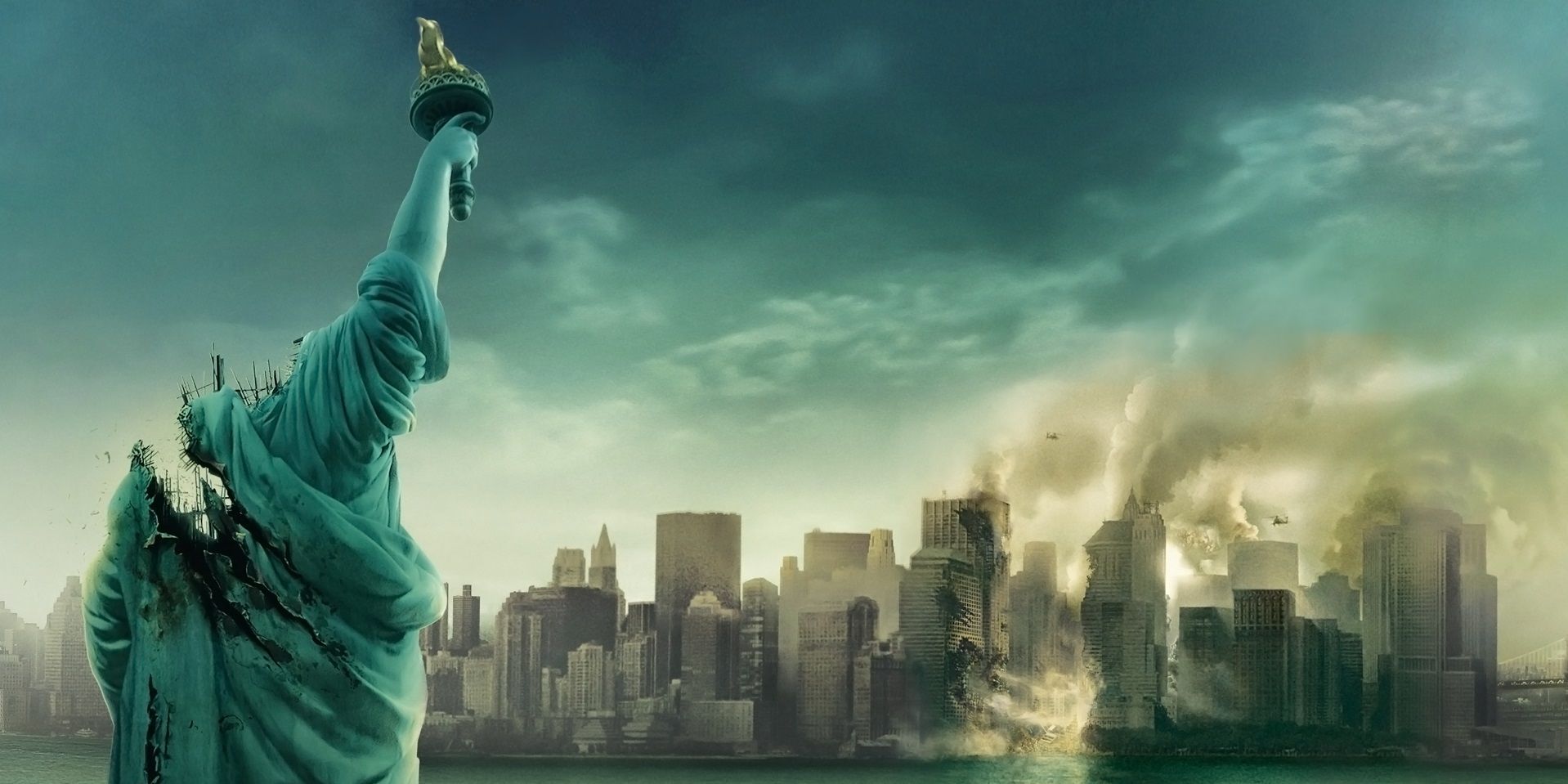
The marketing campaign around Cloverfield was so pitch-perfect in its ability to stir up anticipation based on the smallest of hints that it’s a minor miracle the movie itself lived up to it. Cloverfield is at its best when it uses its amateur video-style production to create a claustrophobic intensity to the unfolding action. The vast streets and layers of New York City become stifling, packed full of panicking citizens trying to flee an unknown danger. It maintains that illusion throughout, a tricky feat given how painfully familiar audiences now are with this gimmick. Some critics had a real problem with the way the destruction of the city clearly evoked imagery of 9/11, something that’s now par for the course with 21st-century disaster cinema, but Cloverfield’s savvy lies in its understanding of how living in a post-9/11 world leaves one in a constant state of paranoia. The Cloverfield spin-offs never managed to be this effective or cohesive.
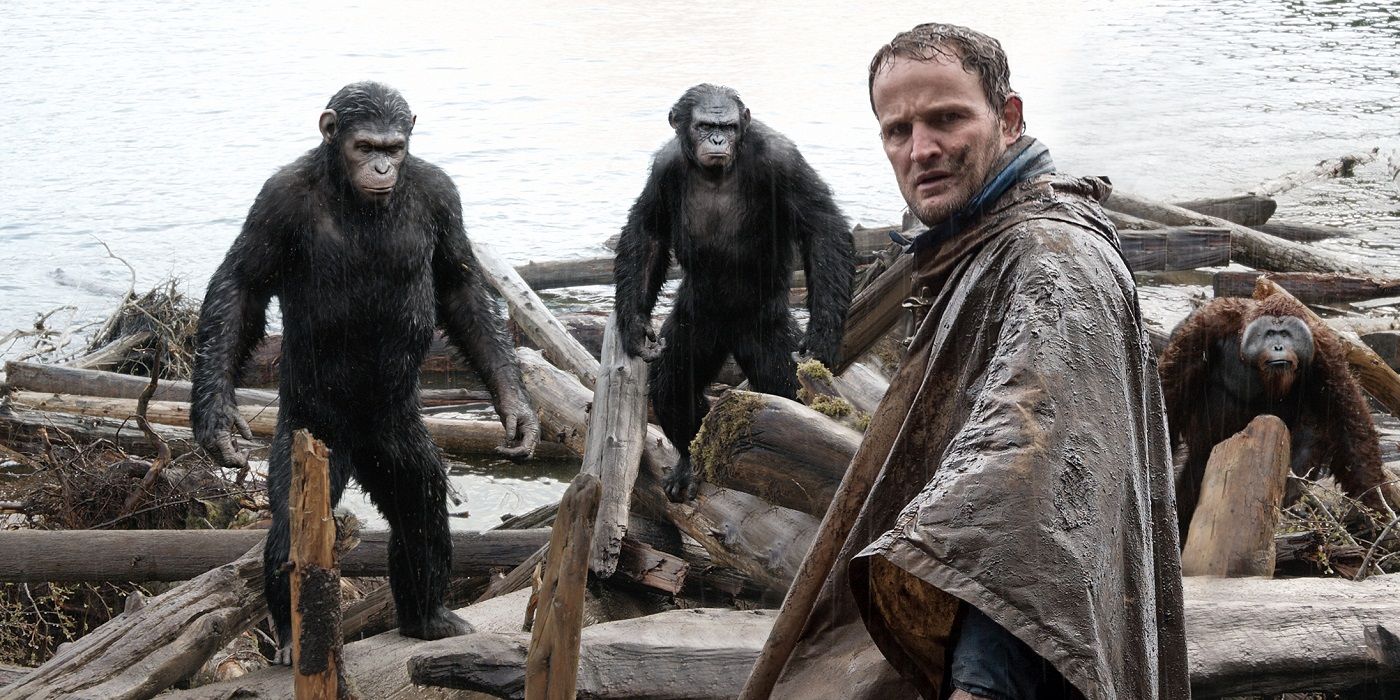
2011's Rise of the Planet of the Apes, directed by Rupert Wyatt, was already something of a surprise for audiences and critics who didn't expect it to be as good as it was. When Reeves took over the franchise, he raised the bar even further with Dawn of the Planet of the Apes, upping the ante and bringing a greater level of emotional sophistication to the narrative. Dawn has greater ambitions than mere spectacle. The film has some deftly layered things to say about diplomacy and law and order. If you were a cynic about the authenticity of motion-capture performances than the work of Serkis and actors like Toby Kebbell and Terry Notary here will easily put those fears to rest.
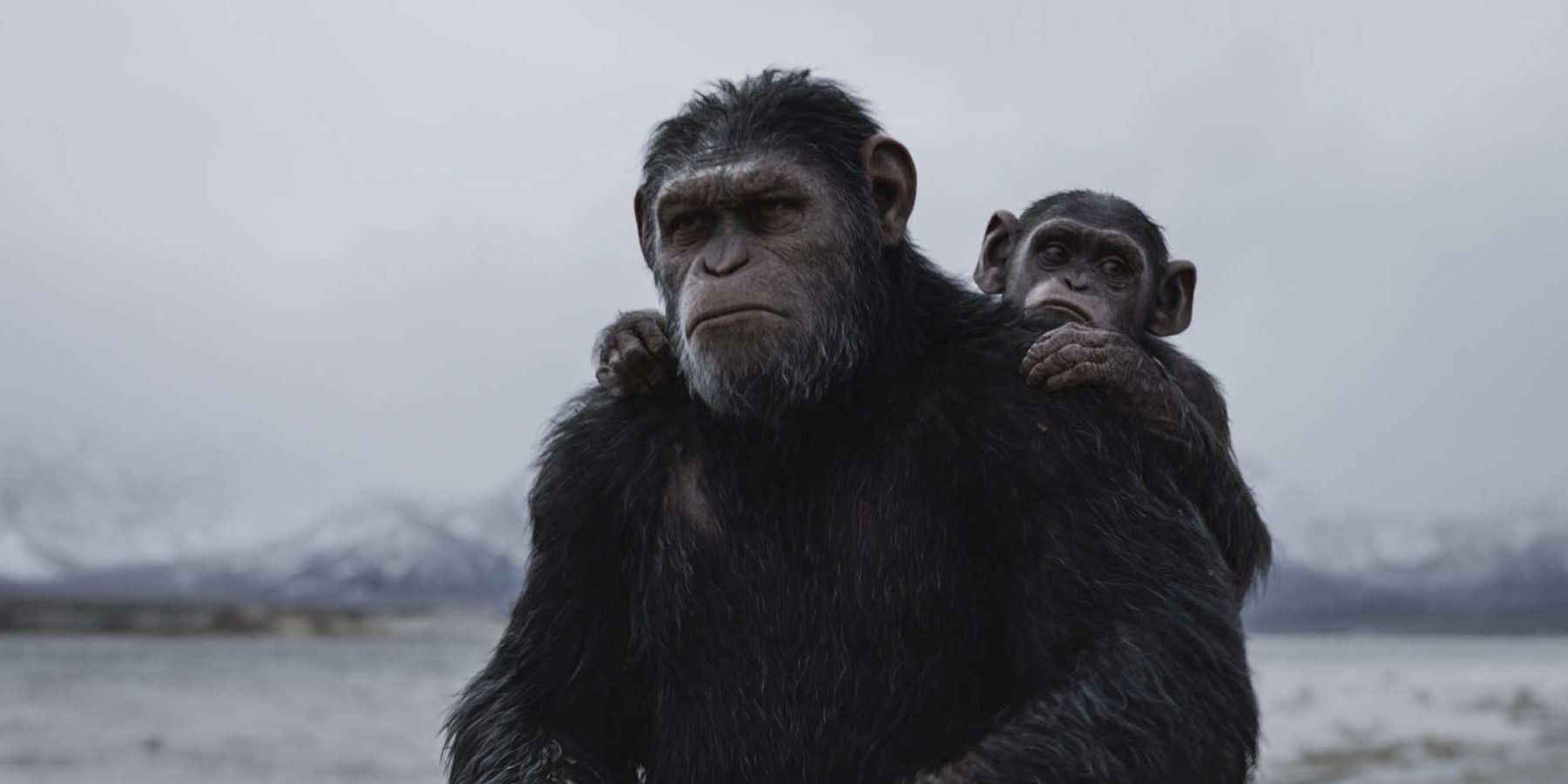
How often is the third film in a series the best one? Matt Reeves pulled it off with War for the Planet of the Apes, a movie of such astounding grandeur and beauty that it deserves to be held up as one of the best blockbusters of the 21st century so far. Serkis' performance is near-Shakespearean in its emotional heft, and Reeves is happy to give the floor over to his Caesar for some truly riveting moments that end up being some of the best scenes in any Planet of the Apes movie. The thematic depths are still here, more complex than ever and working perfectly in tandem with the technical marvels of this hyper-realistic CGI. The visual splendor never overwhelms the narrative. The focus is still rightly on character and plot and this bleak tale of a futile war and the lifetime of mental scars it leaves behind. It's a movie that deserves to be held up with the likes of Mad Max: Fury Road and The Dark Knight in terms of showing off just what a blockbuster of this caliber can do with a director like Matt Reeves at the helm.
from ScreenRant - Feed https://ift.tt/2ClEYZy





No comments: